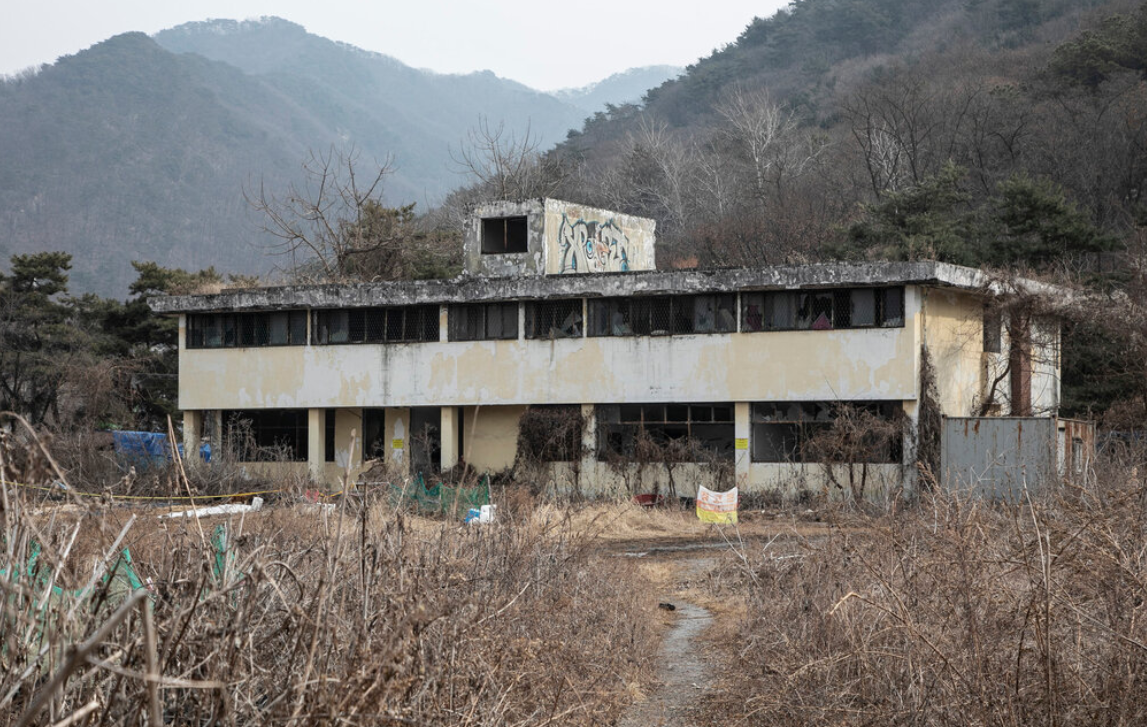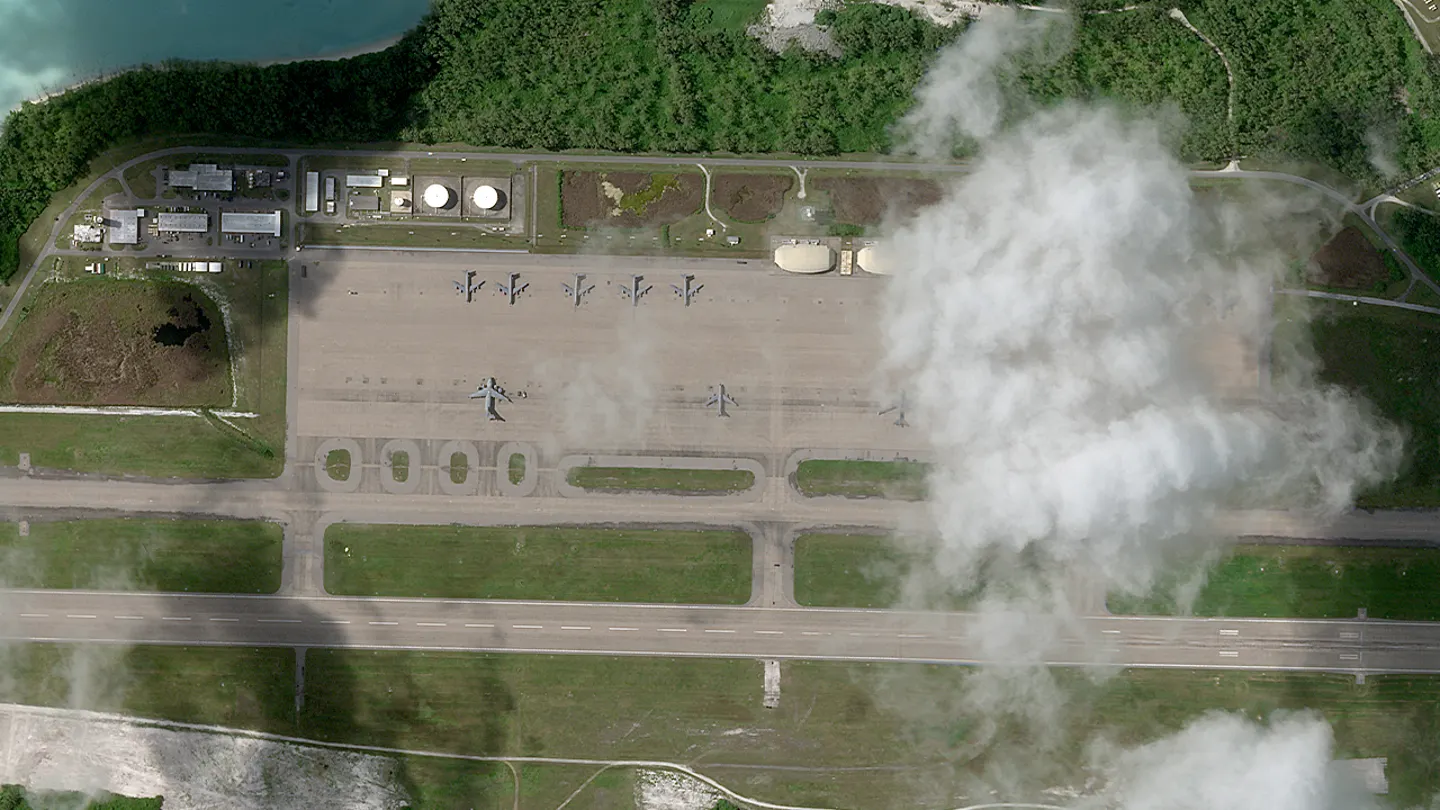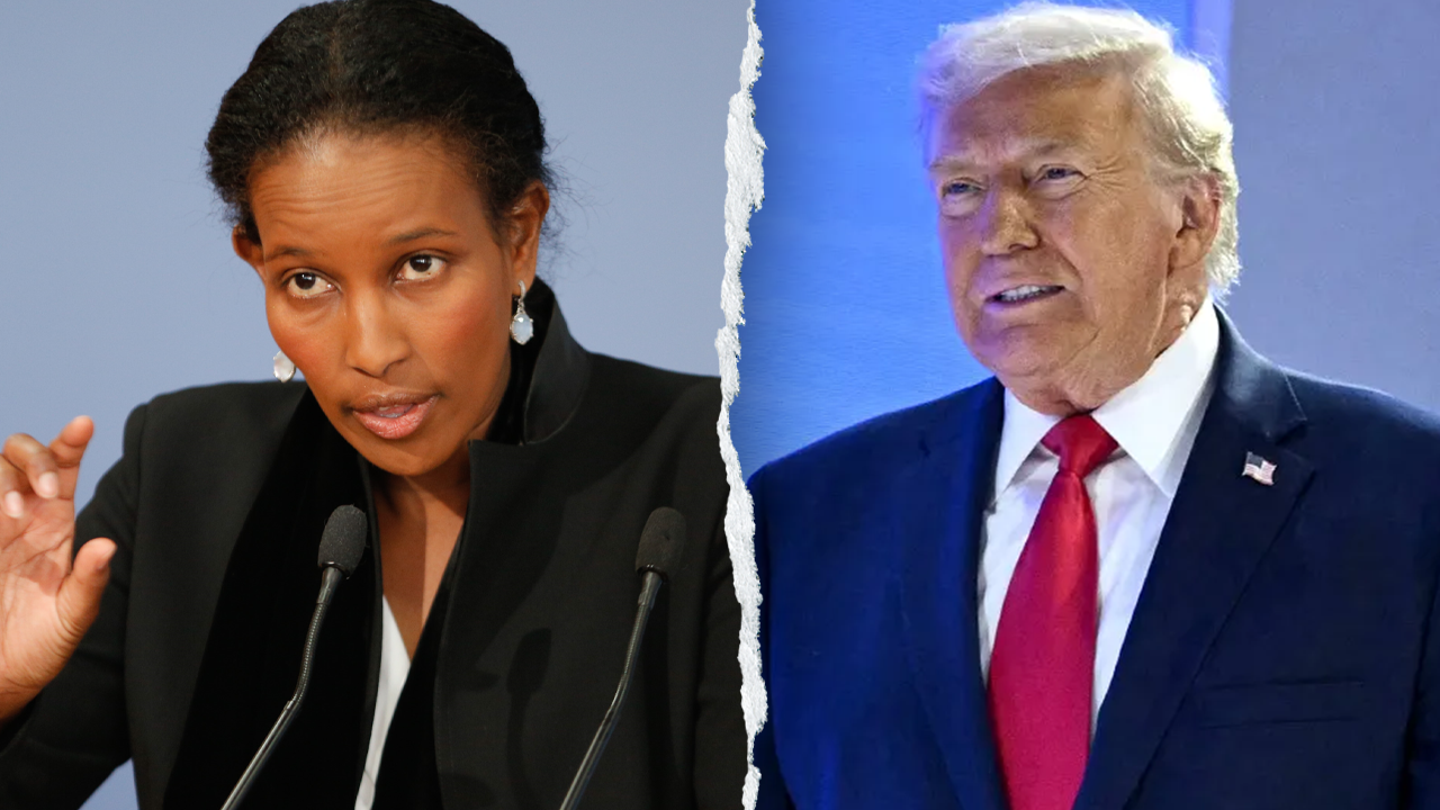Dong Douchuan, South Korea – In 1977, 17-year-old Zhao Shunyu was kidnapped by three men in the town of Dong Douchuan in northern Seoul and sold to a pimp.
At that time, she was about to enter high school, and for the next five years, she couldn’t pursue her ballet dream. Instead, she had to engage in sex work at a nearby nightclub under the continuous surveillance of pimps. Her customer is – American soldiers.
The euphemism ‘comfort women’ is commonly used to describe women in South Korea and other Asian countries who were forcibly conscripted as sex slaves by the Japanese during World War II. But for a long time after the end of Japanese colonial rule in 1945, South Korea continued to sexually exploit another group of women and received assistance from the South Korean government.
During the Korean War, South Korean soldiers had “special comfort women units”, while the United Nations forces led by the United States had “comfort centers”. During the post-war period, many of these women worked in the base villages around the US military base.
Last September, the Supreme Court of South Korea ordered compensation for their sexual trauma, and 100 such women won a landmark victory. The court ruled that the government was guilty because in order to help maintain the Korean American military alliance and earn dollars, it found that the prostitution activities in Al Qaeda village were “legitimate and encouraged”.
It also accused the South Korean government of systematically and violently detaining these women and forcing them to receive treatment for sexually transmitted diseases.
In an interview with The New York Times, six women who had previously lived in Al Qaeda village in South Korea described how the South Korean government used them for political and economic gain, and then abandoned them. Encouraged by court rulings that rely on recently declassified official documents, victims now plan to file lawsuits in the United States.
Americans need to know what some of their soldiers have done to us, “said Park Jin ai, who was sold to a pimp at the age of 16 in 1975. She said she had been beaten and mistreated by American soldiers. Our country is allied with the United States, and we know that American soldiers are here to help us, but that doesn’t mean they can do anything to us, right
The frontline warrior who won the US dollar
After the end of the Korean War, South Korea lagged behind North Korea in terms of military and economic strength. In order to prevent the North, the US military stayed in South Korea under the name of the United Nations, while South Korea made every effort to retain the US military.
According to documents submitted as evidence to the court, in 1961, the densely populated Gyeonggi Province surrounding Seoul believed that “in order to provide comfort and boost morale for United Nations forces, it is urgent to establish large-scale comfort women facilities.” The local government allowed private clubs to recruit such women to “save budgets and earn foreign exchange. It is estimated that the number of comfort women within the jurisdiction of Gyeonggi do reached 10000, and at that time it was still increasing. These women provided services to 50000 US troops.
When President Nixon announced plans to reduce the number of US troops stationed in South Korea in 1969, the South Korean government became increasingly urgent. The following year, the South Korean government reported to parliament that the annual commercial revenue (including sexual transactions) brought by the US military presence to South Korea reached 160 million US dollars. At that time, South Korea’s annual export value was 835 million US dollars
Some women are attracted to the base village to make a living. Some were kidnapped like Ms. Zhao, or lured away by work promises. The cost of a one-time act usually ranges from five to ten dollars, which is confiscated by the pimp. Although the US dollar was not directly handed over to the government, it entered the economic field in urgent need of hard currency.




